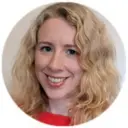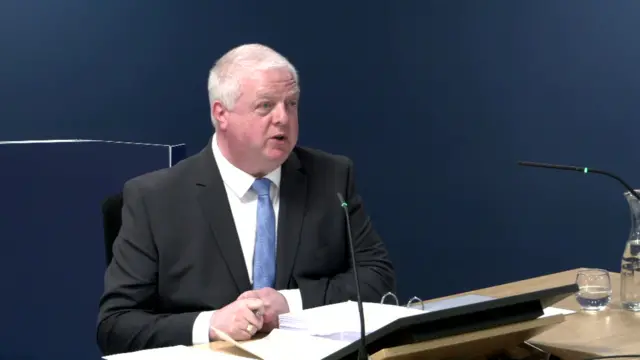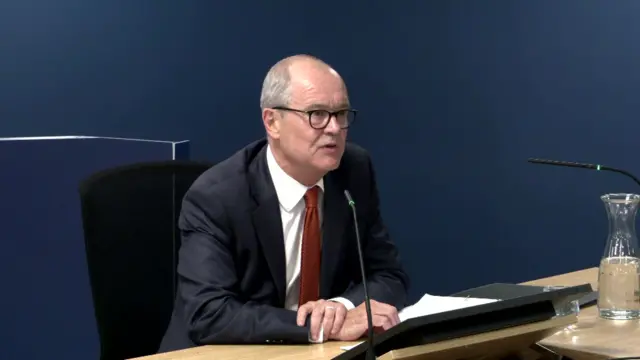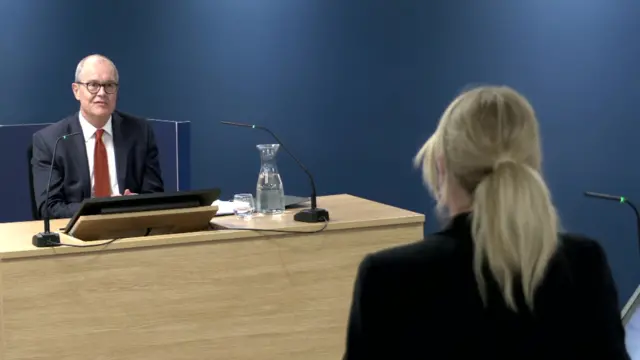We are bringing our coverage to an endpublished at 16:41 BST 22 June 2023
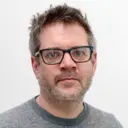 Jamie Whitehead
Jamie Whitehead
Live reporter
Day eight - and week two - of the public hearings of the inquiry into how prepared the UK was for a pandemic has come to an end.
As you have seen in our health reporter Jim Reed's post below, it's been a busy day with two of the most recognisable faces of the pandemic - Sir Chris Whitty and Sir Patrick Vallance - giving their evidence.
Lady Hallett has announced that hearings will resume on Monday morning.
Next Tuesday we'll hear evidence from Matt Hancock - who was health secretary for England during the height of the pandemic.
Today's coverage was bought to you by Laura Foster, Jim Reed, Nick Triggle, Ece Goksedef, James Gregory and myself.
Thank you for joining us.

